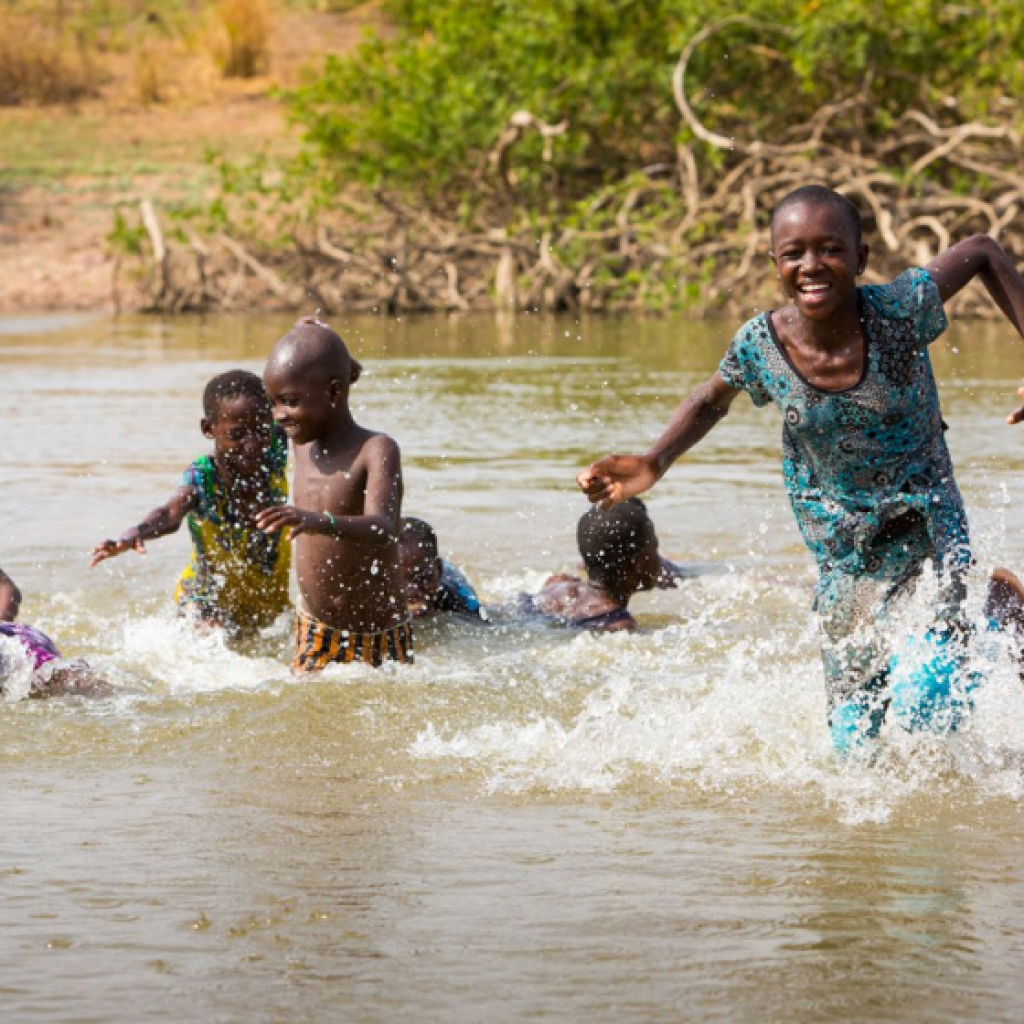It is a common misperception among some development and conservation groups that WASH and freshwater conservation projects are unconnected and may compete for resources and political attention. However, water, poverty and environmental quality are deeply connected. The poor are most vulnerable to environmental risk factors such as unsafe water and climate change. Human communities living in remote areas with high biodiversity value are often impoverished with little to no access to improved water sources and sanitation facilities.
The sustainability of freshwater resources and safe drinking water projects depend on the appropriate conservation of the broader watershed. Preserving free-flowing river systems, intact wetlands, and groundwater recharge areas is essential for maintaining ecosystem resilience and protecting Water, Sanitation and Hygiene (WASH) infrastructure against the impacts of natural disasters and climate variability.

We join the rest of the world in marking World Water Day celebrated on March 22, 2021 by promoting integrated freshwater conservation and WASH (FW-WASH). This year’s theme on valuing water, raises awareness of the vital importance of water to safeguard human security and maintain the health of the planet’s ecosystems. ABCG is reducing watershed degradation and improving the health of freshwater ecosystems through linking freshwater conservation and water, sanitation, and hygiene (WASH). Through this work, ABCG has built the evidence base for FW-WASH, created tools for implementers, and documented lessons learned from pilots in Uganda and South Africa.
As part of the efforts to create tools for implementers, ABCG members collaborated with a number of conservation and development organizations specializing in WASH to develop guidelines for the design and implementation of integrated projects to improve freshwater conservation and human well-being.
The report, Freshwater Conservation and Water, Sanitation, and Hygiene (WASH) Guidelines: A Framework for Implementation was produced out of this collaboration and provides guidance to health, development, and conservation professionals in sub-Saharan Africa on how to plan, coordinate, develop and achieve mutually supported WASH and freshwater conservation outcomes.
The guidelines include the primary steps needed to design integrated WASH and freshwater conservation interventions, using the core principles as their foundation. The report is designed to provide an overall framework to consider when working across sectors.
Download the guide here: Freshwater Conservation and Water, Sanitation, and Hygiene (WASH) Guidelines: A Framework for Implementation

